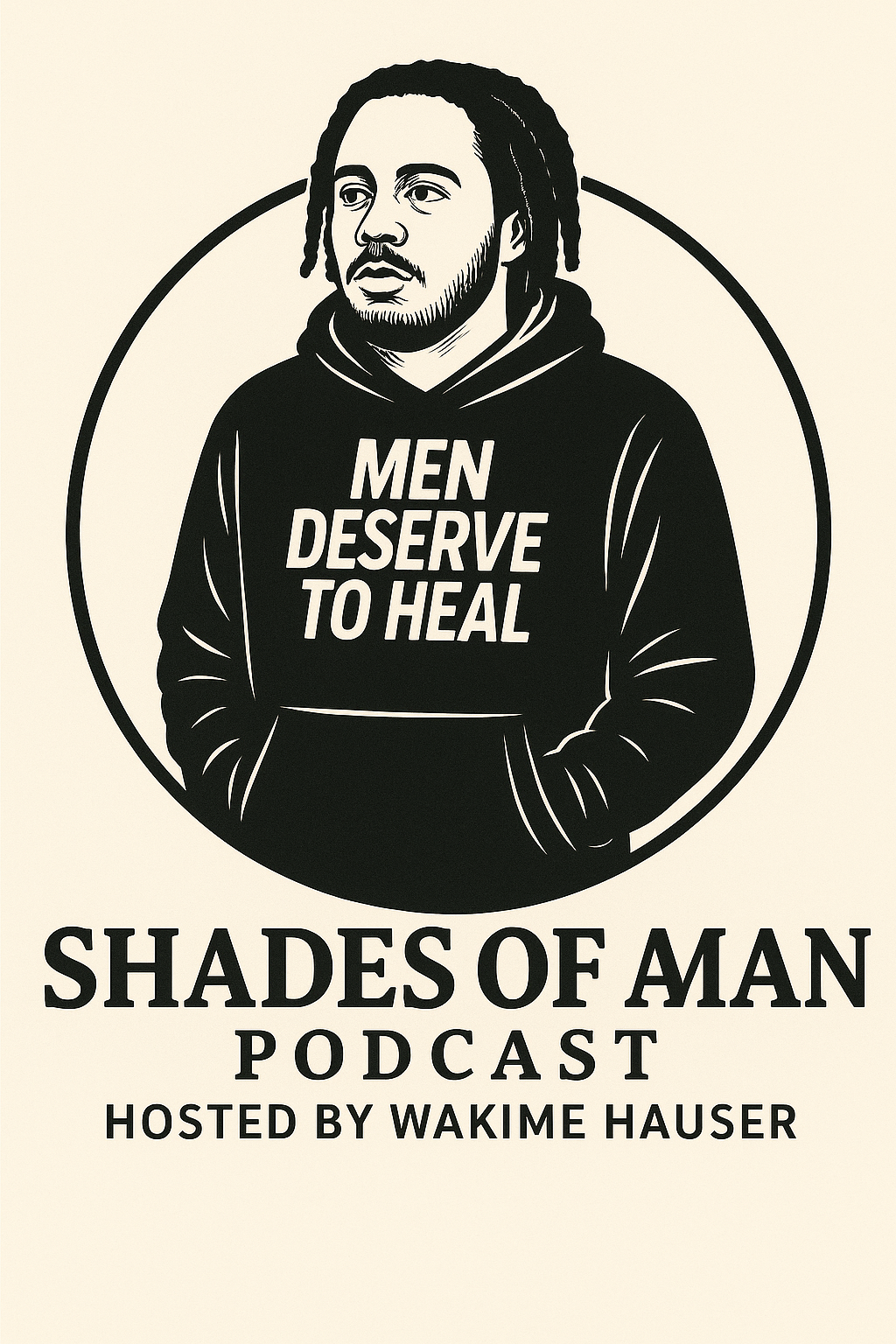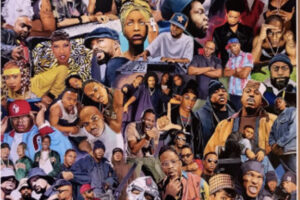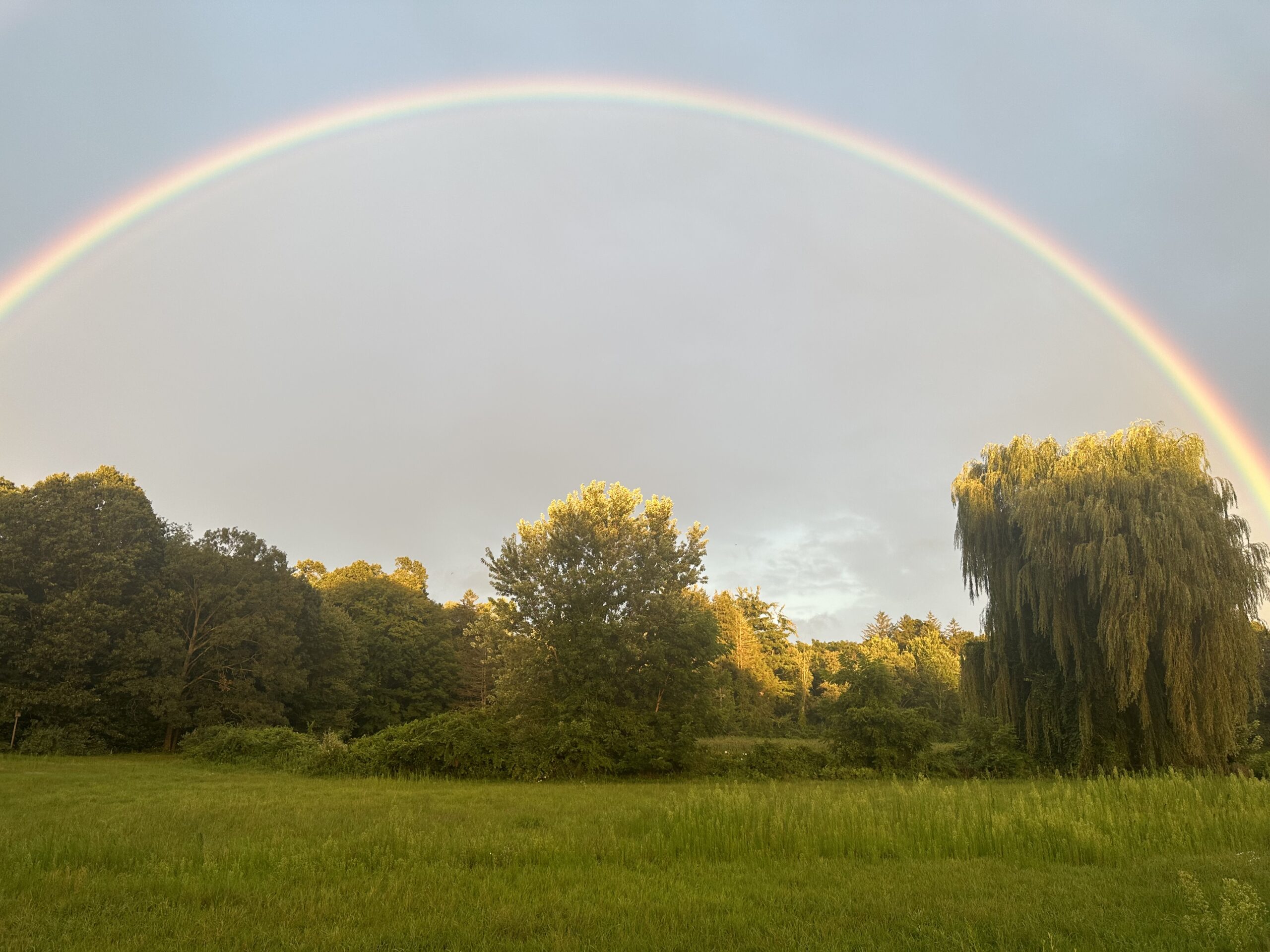Trust without truth
When I was an emotional and somewhat naïve undergraduate student, I wrote a paper on police brutality and excessive force. Despite dedicating significant time to it, I received a C. At the time, I was convinced that my grade was due to the paper’s critical stance on the police, which I then viewed as a white supremacist organization that despised Black people. This sentiment was echoed by my friends, family, and relatives. I believed anyone who disagreed was racist. I avidly read Malcolm X, Nathan McCall, W.E.B. Du Bois, Marcus Garvey, Alex Haley, and Booker T. Washington. I deeply understood the historical struggles of Black Americans. Indeed, it was a struggle, and I believe that we Black Americans are living in far better conditions today compared to fifty years ago and beyond. The further back you go, the worse it gets.
In 2012, I was on a college field trip with students who were beginning to explore higher education opportunities. My mentor, who was the acting president of a university, invited us to his office. He delivered a powerful speech, concluding with words that have stayed with me: “Never let your appearance or culture be the excuse you don’t reach your potential.” By that time, I had been a teacher for over eleven years and had often used my race as an excuse for my circumstances. That day, I promised myself I would never again limit my potential by using my race as an excuse. I am who I am and cannot change that, but I can change how I move forward in life.
For the last decade and more, I have maintained an open mind, rigorously investigating issues before forming opinions. Initially, I believed that everything adverse that happened to Black people was due to racism. I even blamed Black-on-Black crime on racism. However, after studying world governments and the history of various societies, my perspective has evolved. I now understand that racism is taught. Have you ever wondered why the media rarely highlights police killings of white or Hispanic individuals? Approximately 70% of police killings involve non-Black individuals. Why doesn’t the media show us all police killings? Why is it acceptable for a Black person to make racist comments about a white person, but not vice versa? These are rhetorical questions that I encourage you to research objectively. I am now in my eighth year of examining different sources of information, and the more I discover, the less I trust our government. Raison d’État, meaning the justification for a nation’s foreign policy based on its own interests, has taken on new meaning for me.
I posed four essential questions to a friend I deeply respect: Would you trust a government that had slaves? Would you trust a government that enforced Jim Crow laws? Would you trust a country that opposed your civil rights? If the same government that permitted slavery still exists today, why would you think any part of it has your best interests at heart? His answers were yes, yes, yes, and “it doesn’t.” The only way to change a system is to disengage from it and create your own. The current system paints a misleading picture for us. If you have time, I encourage you to watch this interview with Roland Fryer: https://youtu.be/rHDhj7Bua1Q?si=qWETil1vjWmuwOlI
Thanks for reading, Wakime






